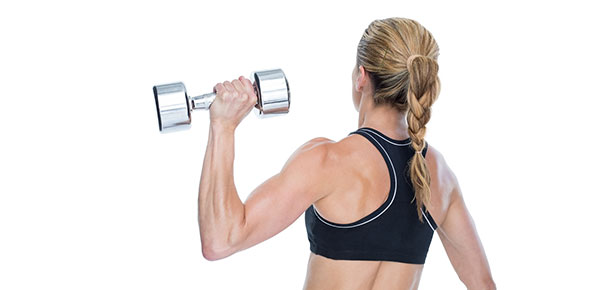Related Flashcards
Related Topics
Cards In This Set
| Front | Back |
|
What are you testing for with Apley's Compression Test?
|
Torn meniscus on the respective side
|
|
What is the position of the patient with Apley's Compression Test?
|
Prone
|
|
Describe/Demonstrate Apley's Compression Test
|
- Patient in prone position
- Flex pt knee to 90 degrees
- Stabilize thigh with doctor's knee
- Place downward pressure on the heel while internally/externally rotating the leg
|
|
What are you testing for with McMurray's Test?
|
- Torn meniscus
|
|
What is the position of the patient for McMurray's Test?
|
Supine
|
|
Describe/Demonstrate McMurray's Test.
|
- Patient in supine position
- Flex patient's hip & knee 90 degrees
- Gripping the heel of the foot
- Compress heel towards the knee
- See video
- Observe click/pop with pain
- YouTube - /watch?v=ohSzjNj-KCA
|
|
What are you testing for with Bounce Home Test?
|
- Possible meniscal injury/tear
- Inability to extend the knee
|
|
What is the patient position for Bounce Home Test?
|
Supine
|
|
Describe/Demonstrate Bounce Home Test.
|
- Patient is in supine position
- Instruct patient to flex their knee
- Support the foot & the knee being tested while allowing knee to fall into extension
- IMPORTANT: The support to the knee is in the case of unexpected instability or pain
|
|
What are you testing for with Varus Stress Test?
|
- Possible lateral collateral ligamentous injury
- Lateral collateral ligamentous strain
- Instability of the lateral collateral ligament
- Possible rupture of the lateral collateral ligament
|
|
What position is the patient in for Varus Stress Test?
|
Supine
|
|
Describe/Demonstrate Varus Stress Test.
|
- Patient is in the supine position with legs straight
- Examiner holds/stablizes the ankle while applying a medial to lateral force against the inside of the suspected knee
- Repeat the same procedure with the knee flexed to 25 degrees
- Checking for pain and/or abnormal/excessive movement with the knee joint
|
|
What distinguishes a lateral collateral strain vs lateral collateral rupture?
|
Strain = Pain
Rupture = Pain + abnormal/excessive movement
|
|
What are you testing for with Valgus Stress Test?
|
- Possible medial collateral ligamentous injury
- Medial collateral ligamentous strain
- Instability of the medial collateral ligament
- Possible rupture of the medial collateral ligament
|
|
What is the position of the patient for Valgus Stress Test?
|
Supine
|







